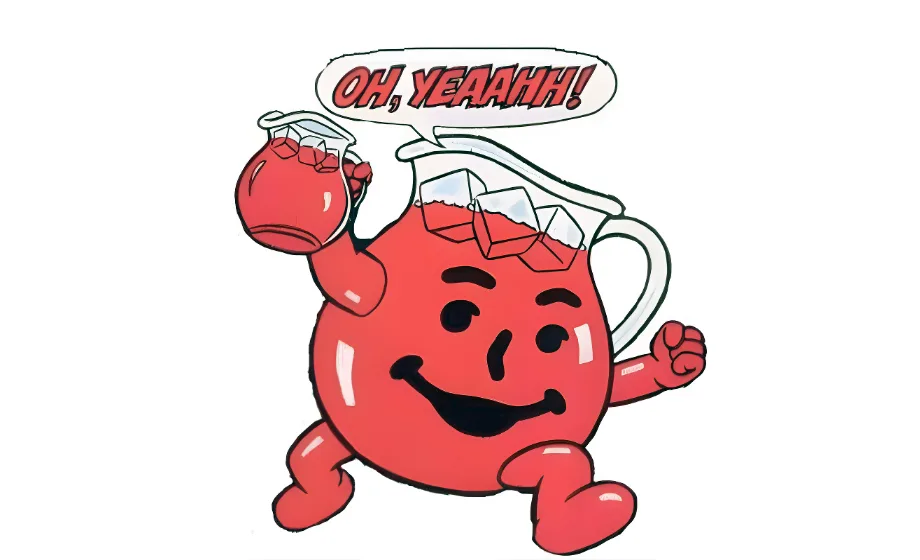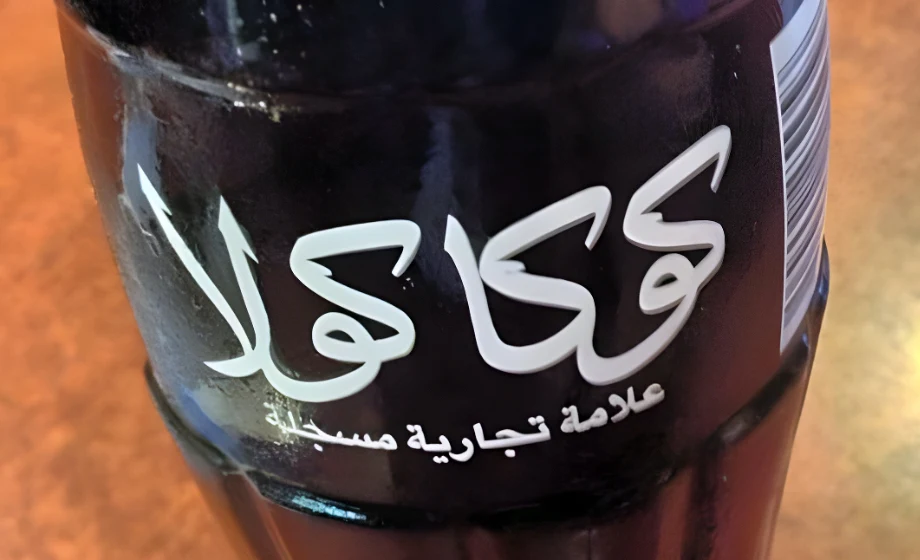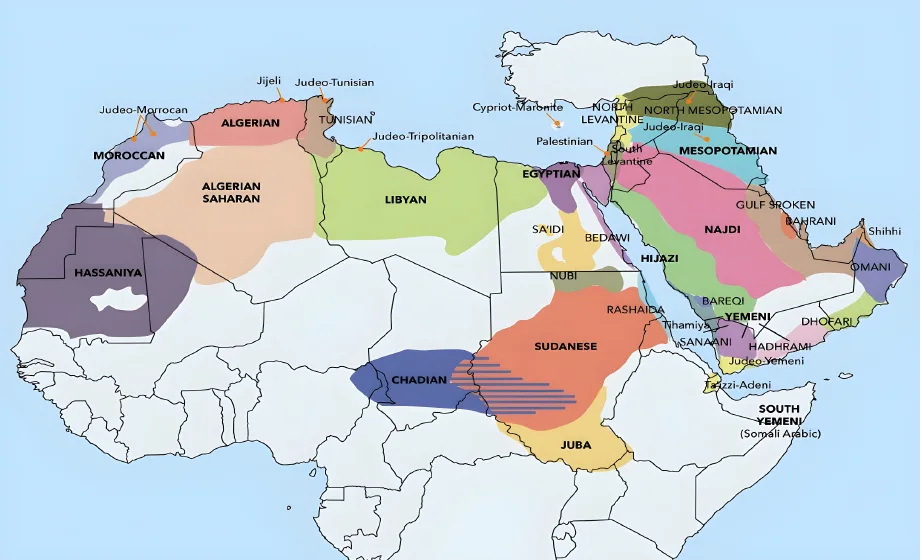English-to-Arabic political translation presents a unique set of challenges. Translators will frequently encounter meanings that may not be found in a dictionary at all. Writers love to repurpose terms and concepts from a wide range of fields (science, technology, gambling, sports, business, etc) to add color to their work. These characteristics make it difficult to find translations of these expressions in standard dictionaries, and in many cases, translators would be better served looking in unconventional places, such as Wikipedia, Youtube, or slang dictionaries such as an urban dictionary. We have compiled a list of hundreds of these tricky expressions, and we present nine of them here, along with our suggested Arabic translations.
1. Hail Mary
Source: “President Obama has thrown a Hail Mary pass to defeat the Islamic State of Iraq and Syria (ISIS). He should cease the folly and withdraw American forces from the fight.”
Analysis: Hail Mary is a common Christian prayer. However, in a political context, it usually has a meaning that comes from American football: when a team is losing, at the very end of the game, the team may simply throw the ball as far as possible, praying while the ball is in the air that someone will catch it. In politics, it is used as a reference to a plan that is desperate, with a low chance of success. Watch an example of a hail mary pass here.
Arabic suggestion: الدروب ذات نسبة النجاح الضئيلة / استراتيجية يائسة / خطة يائسة
2. Drink the Kool Aid
Source: “Investors shouldn’t ‘drink the Kool-Aid’ that Wall Street’s selling”
Analysis: Kool Aid is a sugary fruit drink that probably does not contain anything remotely close to actual fruit. But the frequent references to “drinking the Kool Aid” you see in English media take their meaning from a dark chapter in history. In 1978, 900 members of a cult committed mass suicide by drinking poisoned Kool Aid on the orders of their leader. This incident has given the phrase a meaning of blind, unquestioning obedience to a political leader, expert, or authority figure.
Arabic suggestion: التأييد الأعمى
3. Red
Source 1: “Voters in deep-red states report being helped by Obamacare”
Source 2: “White House Red Scare”
Source 3: “India in the red zone on transparency list”
Analysis: The problem with “red” is that it takes a wide range of meanings based on context. In Source 1, red states refer to areas of the U.S. that vote for the Republican party, with “deep” used here as an intensifier to mean states that have almost no chance of voting for the Democratic party. In the second example, red means something completely different. “Red scare” is a historical reference to the Cold War during which U.S. politicians were obsessed with the threat of Soviet infiltration in the country and everyone was accusing their political opponents of being a communist agents. In today’s context, “red scare” is being used in a cheeky way to refer to the scandal over Russian involvement in the U.S. presidential election of 2016. In Source 3, “red” has nothing at all to do with Republicans or communists, but in this context refers to danger or low performance. Note in all three examples “red” comes as part of a phrase, “deep red states”, “red scare” and “red zone”. Googling these phrases will be more productive than looking up “red” in a dictionary.
Arabic suggestion 1: الحزب الجمهوري
Arabic suggestion 2: الرهاب من الروس
Arabic suggestion 3: منطقة الخطر
4. Spook (n), Spook (v)
Source 1: ”British MI6 spook who compiled Donald Trump’s dirty dossier flees home after his identity is revealed”
Source 2: “Homeowner uses doorbell speaker to spook would-be burglar on the roof”
Analysis: “Spook” takes on a completely different meaning when used as a noun versus a verb. As a noun, it is a colloquial term, beloved by English newspaper editors, for “spy.” Used as a verb, however, it means to scare off.
Arabic suggestion 1: جاسوس
Arabic suggestion 2: تخويف
5. Black Swan
Source: World economy improving, but be wary of ‘black swans’
Analysis: This is a very trendy expression that is also the subject of a good deal of controversy. It is commonly used to indicate a low-probability, high-impact event. Yet more accurately, it refers to events that were not conceivable before they happened because nothing like them had happened before. For example, winning the lottery and stock market crashes are not black swans because they have happened many times before.
Arabic suggestion: المفاجآت/الأحداث غير المتوقعة/غير المسبوقة
6. “Check the box” versus “just check the box”
Source 1: “It would, however, go far toward preventing the unwelcome distraction of Israeli-Palestinian confrontation at a time when the administration should be focused on achieving results in the fight against ISIL. In any case, the president has already checked that box.”
Source 2: ‘Meryl Streep just feels like a check-the-box nomination’: L.A. Times critics on the new Oscar nominations
Analysis: How do you feel about to-do lists? Do you get a feeling of satisfaction, even thrill when you cross an item off? Or do you feel like to-do lists turn you into a robot, executing a series of tasks mindlessly? This ambivalence can be seen in different senses of “check the box”. In Source 1, the phrase simply means to complete a task that must be done; it carries a neutral or somewhat positive connotation. However when we see the word “just” along with it, “checking the box” becomes negative, indicating that one is doing something simply to fill the requirement.
Arabic suggestion 1: قام بذلك
Arabic suggestion 2:وكأنّها أمرٌ واجب
7. X “-baiter”
Source: “Needless to say, the refugee-baiters, their rhetoric, and their proposed policies will lead to self-fulfilling ends and make everyone less safe.”
Analysis: This term is an adaptation of a more common expression “race-baiter, ” which refers to an individual (usually a public figure of some sort) that exploits racial tensions in their rehetoric. In this example, it is used to describe individuals who take advantage of the fears of refugees.
Arabic suggestion:استغلال العرق/تحويل المسألة إلى قضية عرقية
8. Double down
Source: “Students double down on divestment”
Analysis: English journalism-ese, for some reason loves gambling metaphors. “Double down” comes from an action that a player can take in the game of Blackjack where the player doubles the original bet and continues in the hand. In a political context, the term means committing even more strongly to a course of action, despite having an opportunity to change course.
Arabic suggestion: الإصرار على/ مضاعفة الالتزام بـ/ تعميق المسار
9. Hack (v), Hack (n)
Source:
1: ”Here’s how easy it is to hack the president’s phone”
2: “The ultimate efficiency hack: have kids”
Analysis: Hack is another one of those tricky words that can have widely divergent meanings in different circumstances. The most widespread use of hack/hacking/hacker refers to breaking into a computer system. But, confusingly, the word “hack” (n) can also mean a useful shortcut that has a positive connotation. In the second example, the hack is used in this sense, meaning that having kids is a shortcut to being more efficient. Finally, the word “hack” can also be used in a pejorative sense to mean someone who is unimaginative or even unethical in their work. “Partisan hack” is a common expression meaning someone who is advocating a political position not out of ethical or substantive conviction, but in order to score political points for their party.
Arabic suggestion 1: اختراق
Arabic suggestion 2: حيلة
Creative Commons Image Credit: Juan Carlos Rodriguez



